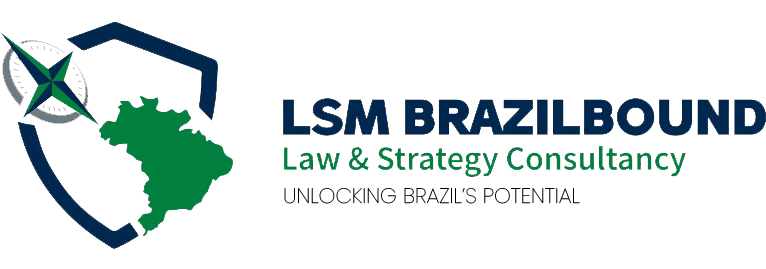Brazil is becoming a hotbed of startup activity, with entrepreneurs introducing groundbreaking innovations and a legal framework that actively supports this growth. The introduction of Complementary Law No. 182, or the “Legal Framework for Startups,” is a game-changer, making it easier for investors to engage with Brazilian startups. This article dives into Brazil’s evolving startup ecosystem, the benefits of investing here, and practical advice on navigating this vibrant market.
Understanding the Legal Framework for Startups
The Legal Framework for Startups, established by Complementary Law No. 182 on June 1, 2021, aims to foster innovation and entrepreneurship in Brazil. Here are some key provisions:
Definitions and Principles
The law defines startups as newly established business entities characterized by innovative business models, products, or services. It creates a favorable business environment and increases the availability of capital for innovative entrepreneurship.
Regulatory Sandbox
A regulatory sandbox allows startups to test innovative business models and technologies under a simplified regulatory environment. This temporary authorization from regulatory bodies enables startups to operate with fewer bureaucratic constraints, encouraging creativity and innovation.
Angel Investors
The law introduces the concept of angel investors who provide capital without being shareholders. These investors do not have managerial rights and are not liable for the company’s obligations, making it easier for startups to attract early-stage funding.
Advantages of Investing in Brazilian Startups
Investing in Brazilian startups offers numerous benefits, making it an attractive option for global investors:
High Growth Potential
Brazil’s startup ecosystem is brimming with opportunities across various sectors, including fintech, healthtech, agritech, and edtech. The country’s large market size and growing digital adoption make it a prime destination for startup investments.
Government Incentives
The Brazilian government offers various incentives to encourage startup investments, such as tax breaks, grants, and funding programs. These incentives are designed to reduce financial risks and enhance returns on investment.
Innovation and Entrepreneurship
The new legal framework supports the development of innovative solutions and business models. By investing in Brazilian startups, investors can be part of groundbreaking projects that address both local and global challenges.
Key Sectors with High Growth Potential
Certain sectors in Brazil are particularly ripe for investment due to their high growth potential:
Fintech
Brazil’s fintech sector is among the fastest-growing in the world, driven by a large unbanked population and increasing digital payments. Startups in this sector are developing innovative solutions for banking, payments, and financial management.
Healthtech
Healthtech startups in Brazil are leveraging technology to improve healthcare delivery and accessibility. Innovations include telemedicine, digital health records, and AI-driven diagnostics.
Agritech
With its vast agricultural resources, Brazil is a global leader in agritech innovations. Startups in this sector focus on improving agricultural productivity through precision farming, biotechnology, and sustainable practices.
Edtech
The education technology sector is gaining momentum, particularly in response to the demand for remote learning solutions. Brazilian edtech startups are developing platforms and tools to enhance educational access and quality.
Navigating the Investment Landscape
To successfully invest in Brazilian startups, consider the following steps:
Conduct Thorough Market Research
Understanding the local market dynamics, regulatory environment, and potential risks is crucial. Engage with local experts and conduct detailed market analysis to gain valuable insights.
Leverage Government Incentives
Take advantage of government incentives designed to support startup investments. These incentives can significantly reduce investment risks and enhance potential returns.
Partner with Local Entities
Forming strategic partnerships with local startups, accelerators, and incubators can facilitate smoother market entry. Local partners provide expertise, help navigate regulatory hurdles, and offer essential connections.
Utilize the Regulatory Sandbox
Participate in the regulatory sandbox to test innovative solutions with reduced regulatory constraints. This allows for experimentation and validation of business models in a controlled environment.
Conclusion
The Legal Framework for Startups in Brazil provides a robust foundation for fostering innovation and entrepreneurship. By understanding the legal provisions, leveraging government incentives, and strategically navigating the investment landscape, foreign investors can capitalize on the high growth potential of Brazilian startups. Partnering with a trusted consultancy like LSM BrazilBound Law & Strategy Consultancy ensures that investors can successfully navigate this dynamic market and achieve their investment goals.

